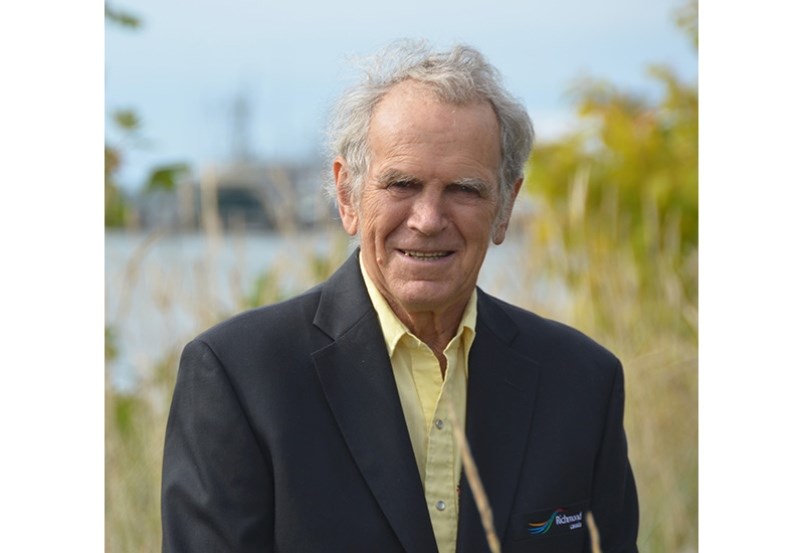One of the founders of the Agricultural Land Reserve (ALR) thinks a provincial plan to allow vertical farming will destroy more farmland and out-price those who want to grow crops in soil.
Vertical farming should be in urban or industrial areas, not on farms, said Richmond Coun. Harold Steves.
The long-time councillor, whose family started farming in Richmond in the late 1800s and who himself helped set up the ALR in the early 1970s, said vertical farming could be done in downtown Richmond or downtown Vancouver – for example, on a quarter of a parking lot - bringing food directly to people where they’re living.
The province, however, announced last week it was allowing vertical farming in the ALR, prompting Steves to criticize the government on social media, saying “This #BCNDP Government has destroyed more farmland than all other governments combined since the #ALR saved farmland in 1973...”
Vertical farming would be especially appropriate in Richmond’s industrial areas, Steves added, especially since the city recently tripled the allowable density in industrial areas.
Growing food could be done on the top floor of an industrial building while other business is conducted on the ground floor, he added.
“That gets the food right to the city,” he said.
Steves thinks allowing agritech in the ALR will further increase the cost of farmland for those who want to do soil-based farming.
In its announcement, the province said the new vertical farming regulation could help B.C. become a “global player in the agritech marketplace.”
In a media release, Lana Popham, Minister of Agriculture, Food and Fisheries, said “vertical farms and innovative agritech practices” along with traditional farming could help “solve our overall food security and food economy puzzle.”
For example, the press release continued, this type of farming could be make smaller, fallow pieces of land more viable.
Steves said when he was at UBC half a century ago, a system of growing food hydroponically stacked in a trailer was created. The crops rotated through the system and every day there were trays of fresh food ready to be eaten.
Vertical farming is a great system, Steves added, but he doesn’t think it belongs on farmland.



